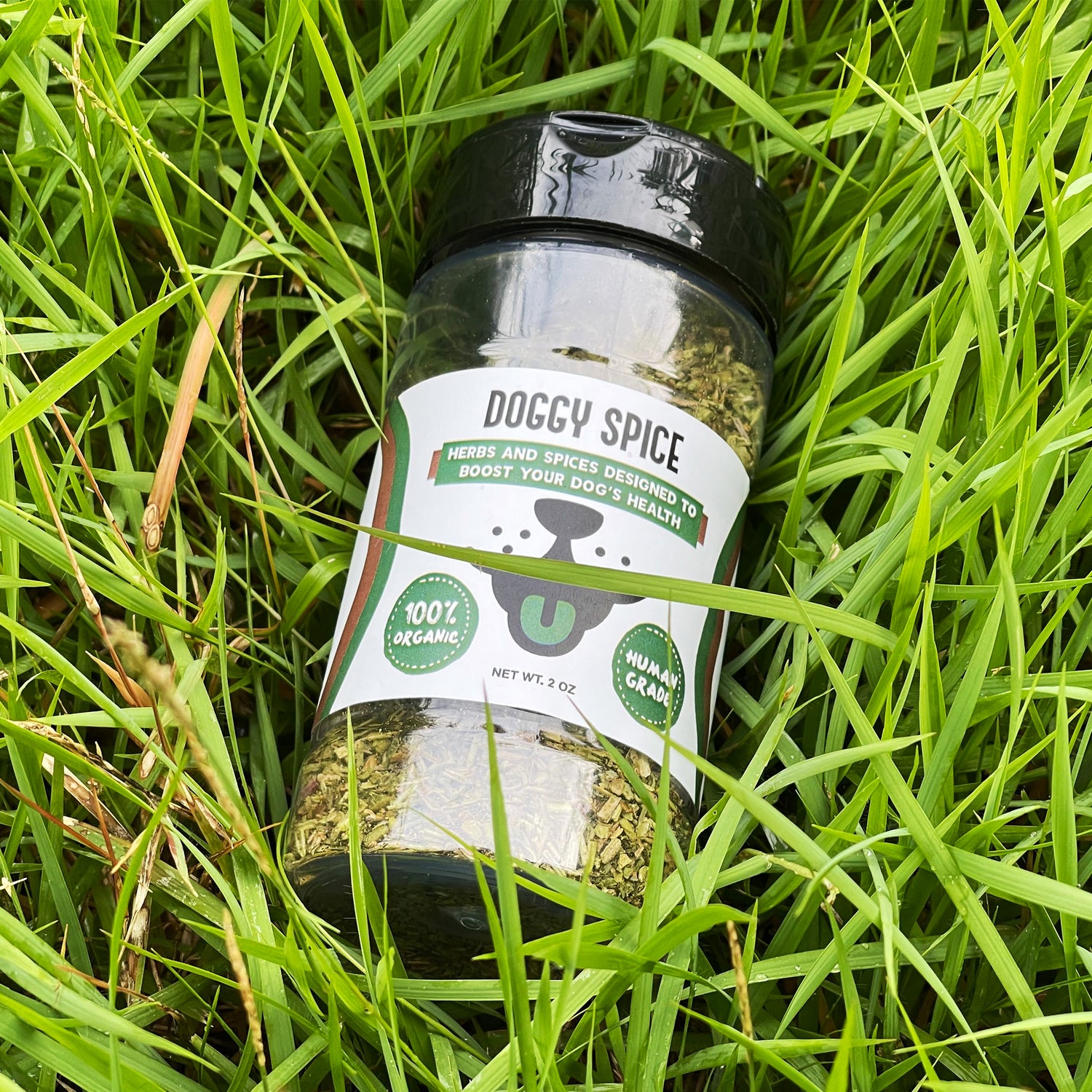
How to Prepare for a New Puppy: A Complete Guide
Share
Introduction
Bringing home a new puppy is an exciting milestone for any dog lover 🐾. But preparing for this bundle of joy requires careful planning to ensure a smooth transition for both you and your furry friend. From puppy-proofing your home to creating a welcoming space, this guide will walk you through everything you need to know.
Why Preparation is Key for Your New Puppy 🐶
A well-prepared home fosters a safe and nurturing environment for your puppy. It minimizes stress for both of you and helps establish routines for training, feeding, and socializing. Here’s why preparation matters:
Checklist: Preparing Your Home for Your New Puppy 🏡
- Puppy-Proofing Your Space
- Secure electrical cords and outlets.
- Remove small, sharp, or toxic items from reach.
- Use baby gates to block off unsafe areas.
- Creating a Safe Space
- Set up a crate or cozy enclosed corner with a bed and blankets.
- Choose an area free from loud noises and heavy foot traffic.
-
Stock Up on Supplies
Here’s a handy list of essentials: - 🐾 Food and water bowls
- 🦴 Puppy-specific food
- 🛏️ Crate and bedding
- 🎾 Toys for chewing and play
- 🛁 Grooming tools (brush, shampoo, nail clippers)
- 📋 Collar, leash, and ID tags
First Few Days with Your New Puppy
-
Set a Routine:
Puppies thrive on structure. Establish routines for feeding, bathroom breaks, and playtime. -
Introduce Gradually:
Allow your puppy to explore their new home at their own pace. -
Socialization Begins:
Safely introduce your puppy to family members, pets, and different environments.
Puppy Training Basics 🐕🦺
Training is essential for a well-behaved dog. Focus on these early lessons:
- Potty Training
- Take your puppy outside frequently, especially after meals, playtime, and naps.
- Reward them immediately after successful bathroom breaks outside.
-
Basic Commands
Teach foundational commands like sit, stay, and come using positive reinforcement. -
Leash Training
Start with short walks around the house or yard to get your puppy comfortable with the leash.
Essential Puppy Health Tips 🏥
-
Veterinary Visits
Schedule your puppy's first vet appointment within the first week. Vaccinations and parasite prevention are crucial. -
Proper Nutrition
Choose high-quality puppy food that meets their nutritional needs. -
Teething Care
Provide chew toys to soothe sore gums and prevent destructive chewing. Wait to give your puppy dental chews until they are at least one year old.
“A puppy’s health relies on early veterinary care, proper nutrition, and a safe environment. Preventative measures in the first year can set the stage for lifelong health and happiness.” — American Veterinary Medical Association
Top Herbs and Spices to Keep Your Dog Healthy All Year 🌿
- Cleavers (Galium Aparine) - Supports lymphatic health
- Rosemary- Antioxidant-rich
- Dandelion Greens - Provides vitamins A, C, and K
- Basil - Calming properties
- Peppermint - Aids digestion
- Celery Seeds - Anti-inflammatory benefits
- Dill - Rich in antioxidants
- Oregano - Immune-supporting
- Parsley - Supports fresh breath
- Thyme - Immune booster
- Ginger - Soothes stomachs
- Tumeric - Anti-inflammatory properties
These herbs and spices can easily be incorporated into your dog’s meals with Doggy Spice to promote overall well-being. 🌱
Choosing the Right Dog Breed for Your Lifestyle
Before bringing a puppy home, it’s essential to select a breed that matches your activity level, home environment, and experience as a dog owner.
- Energy Levels: Active families may prefer breeds like Border Collies, while those seeking a more laid-back companion might consider a Bulldog.
- Space Considerations: Apartment living may suit smaller breeds, while larger breeds thrive in homes with outdoor space.
- Time Commitment: Some breeds require more grooming or training, so factor in your availability.
Preparing Family Members for a New Puppy 🏡
Introducing a puppy is a family affair!
- Kids: Teach children how to approach and interact with the puppy gently.
- Other Pets: Ensure existing pets are current on vaccinations and slowly introduce them to the new addition.
- House Rules: Set clear rules about where the puppy can sleep, play, and eat.
What to Expect in the First Week With Your New Puppy
The first week with your puppy can be both exciting and overwhelming. Here’s what to anticipate:
- Adjustment Period: Puppies may feel shy or anxious in their new environment. Give them time to settle in.
- Sleep Schedule: Puppies often wake up during the night, especially for bathroom breaks.
- Training Begins: Start with basic commands and crate training immediately.
Common Puppy Challenges and How to Overcome Them
Every puppy parent faces challenges! Here are some common issues and solutions:
❗️ Chewing: Provide chew toys and remove tempting items like shoes or furniture. When your puppy does chew on something they're not supposed to, redirect their attention to a chew toy they can chew on.
❗️ Nipping: Redirect biting behavior with toys and avoid using hands as playthings.
❗️ Barking: Identify triggers and address them through desensitization and positive reinforcement. Puppies often bark because they feel scared or uncertain about their surroundings. To help, reward them for calmly observing objects and distractions to reassure them these are safe.
Introducing Your Puppy to the Outdoors
Getting your puppy accustomed to the outdoors is an exciting step:
Grooming Basics for Puppies
Early grooming helps your puppy get accustomed to being handled:
- Bathing: Use puppy-safe shampoo and bathe as needed, avoiding over-washing.
- Brushing: Choose a brush suitable for your puppy’s coat type and brush regularly to prevent tangles.
- Nail Trimming: Start trimming nails early to prevent fear or anxiety later.
Building a Strong Bond with Your Puppy
Creating a lasting relationship starts with trust and positive experiences:
Puppy Safety During Holidays and Special Events
Puppies can feel overwhelmed during celebrations.
Importance of Socialization in Puppy Development
Socialization is key to raising a confident, well-behaved dog:
- Critical Window: The first 16 weeks are crucial for exposing puppies to new people, animals, and environments.
- Puppy Playdates: Arrange controlled interactions with vaccinated puppies to build social skills.
- Positive Experiences: Always associate new interactions with rewards to build confidence.
Transitioning Your Puppy to Adult Dog Food
Eventually, your puppy will need to switch from puppy food to adult food.
- Timing: Most puppies transition at 12–18 months, but larger breeds may take longer.
- Gradual Switch: Mix increasing amounts of adult food with puppy food over 7–10 days.
- Nutritional Needs: Consult your vet to choose food tailored to your dog’s breed and size.
New Puppy Frequently Asked Questions (FAQ) 🧐
What do I need to prepare before bringing a puppy home?
You’ll need basic supplies like a crate, food and water bowls, toys, grooming tools, and puppy-proofing essentials.
How soon should I take my puppy to the vet?
Schedule a vet visit within the first week for a check-up and vaccinations.
What’s the best way to potty train a puppy?
Take your puppy outside regularly, use consistent commands, and reward them for going in the right place.
How do I introduce my puppy to other pets?
Start with short, supervised interactions in a neutral space. Gradually increase their time together as they get comfortable.
Can I leave my puppy alone at home?
Puppies can be left alone for short periods but need breaks for potty and play. Gradually increase their alone time as they grow.
Extra Tips for New Puppy Parents
Conclusion
Welcoming a new puppy is an exciting journey filled with joy and responsibility. By preparing your home, gathering essential supplies, and planning for training and socialization, you can set the foundation for a happy and healthy life together. Remember to stay patient and consistent as you both adjust to this new chapter. With the right preparation and care, your puppy will quickly feel like a cherished member of the family. 🐾
References
- American Veterinary Medical Association. (n.d.). Caring for Your New Puppy. Retrieved from avma.org.
- American Kennel Club. (n.d.). Puppy Training Basics. Retrieved from akc.org.
- Veterinary Partner. (2023). Preparing for Your New Puppy. Retrieved from veterinarypartner.com.

